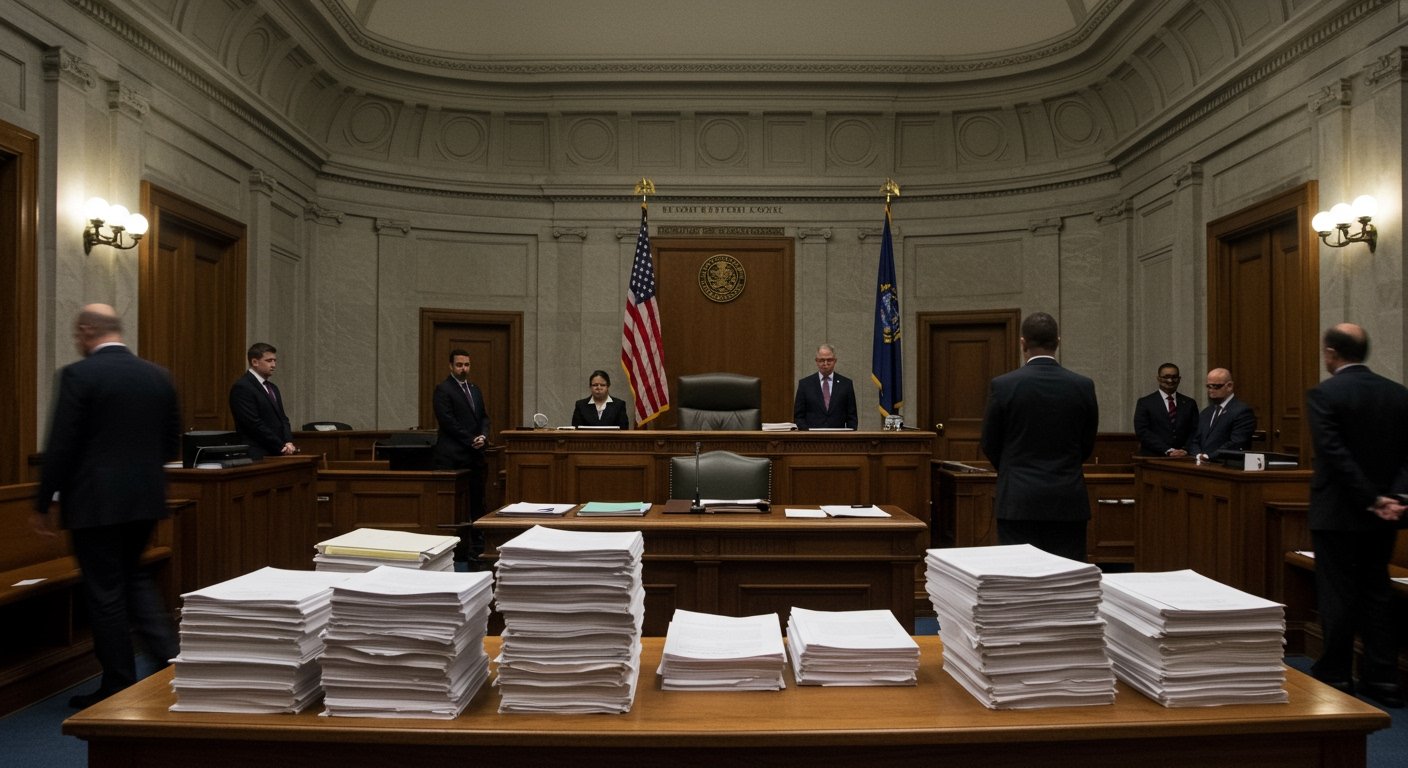The Delhi High Court has firmly rejected a plea to quash a First Information Report (FIR) lodged against an individual accused of causing the death of a five-year-old child through negligence. In a significant ruling, Justice Kathpalia underscored the judiciary’s stance against settlements involving what the court termed as ‘blood money,’ emphasizing that such arrangements are antithetical to the legal system and societal values.
Rejection of ‘Blood Money’ Settlement
The accused had reportedly offered a sum of ₹1 lakh as compensation to the legal representatives of the deceased child, seeking a compromise to settle the case. However, the court found this proposition unacceptable. Justice Kathpalia articulated that approving such settlements would be akin to sanctifying ‘blood money,’ an act that no civilized society would endorse. The court’s decision highlighted the irrecoverable loss of a young life, stating unequivocally that the monetary value cannot compensate for the death of the child.
Furthermore, the court pointed out that the legal representatives of the deceased child do not possess the authority to barter away the child’s life for financial gain. This assertion reinforces the principle that certain offenses, particularly those resulting in the loss of life, transcend the possibility of private settlement through monetary compensation.
Circumstances of the Incident
The case stems from an incident where the accused was allegedly driving his car negligently. This alleged negligence led to an e-rickshaw overturning, an event that tragically resulted in the death of the five-year-old child. The specifics of the accident underscore the gravity of the allegations against the accused, pointing towards a severe lapse in responsible conduct.
The court also took note of the prosecution’s refutation of a claim made by the accused. The accused had reportedly suggested that the driver of the e-rickshaw was intoxicated at the time of the incident. The prosecution’s denial of this claim suggests that the focus of the investigation and subsequent legal proceedings remains firmly on the accused’s alleged negligent driving as the primary cause of the fatal accident.
Legal Precedent and Societal Impact
The Delhi High Court’s ruling serves as a strong judicial precedent, reinforcing the legal and ethical boundaries concerning criminal negligence, especially when it leads to the death of a child. By refusing to quash the FIR and condemning the ‘blood money’ settlement, the court has sent a clear message about the sanctity of life and the limitations of monetary settlements in cases of grave offense.
The legal system is designed to ensure justice and accountability, particularly in matters involving the loss of innocent lives. Settlements that attempt to buy closure for such profound tragedies are viewed not only as legally invalid but also as morally objectionable. The court’s strong words reflect a commitment to upholding these fundamental principles, ensuring that negligence leading to death is met with due legal process rather than financial appeasement.
The court’s decision underscores the fact that while compensation might be a component in certain civil disputes, it cannot serve as a substitute for criminal liability or a means to erase the consequences of negligence that results in death. The case will now proceed based on the FIR filed, with the court upholding the need for a thorough investigation and potential trial to determine accountability.
This judgment is expected to resonate within legal circles, reinforcing the judiciary’s role in protecting vulnerable victims and upholding the integrity of the justice system. It highlights a critical distinction between resolving civil claims and addressing criminal culpability, especially in cases where the ultimate price has been paid by a child.











